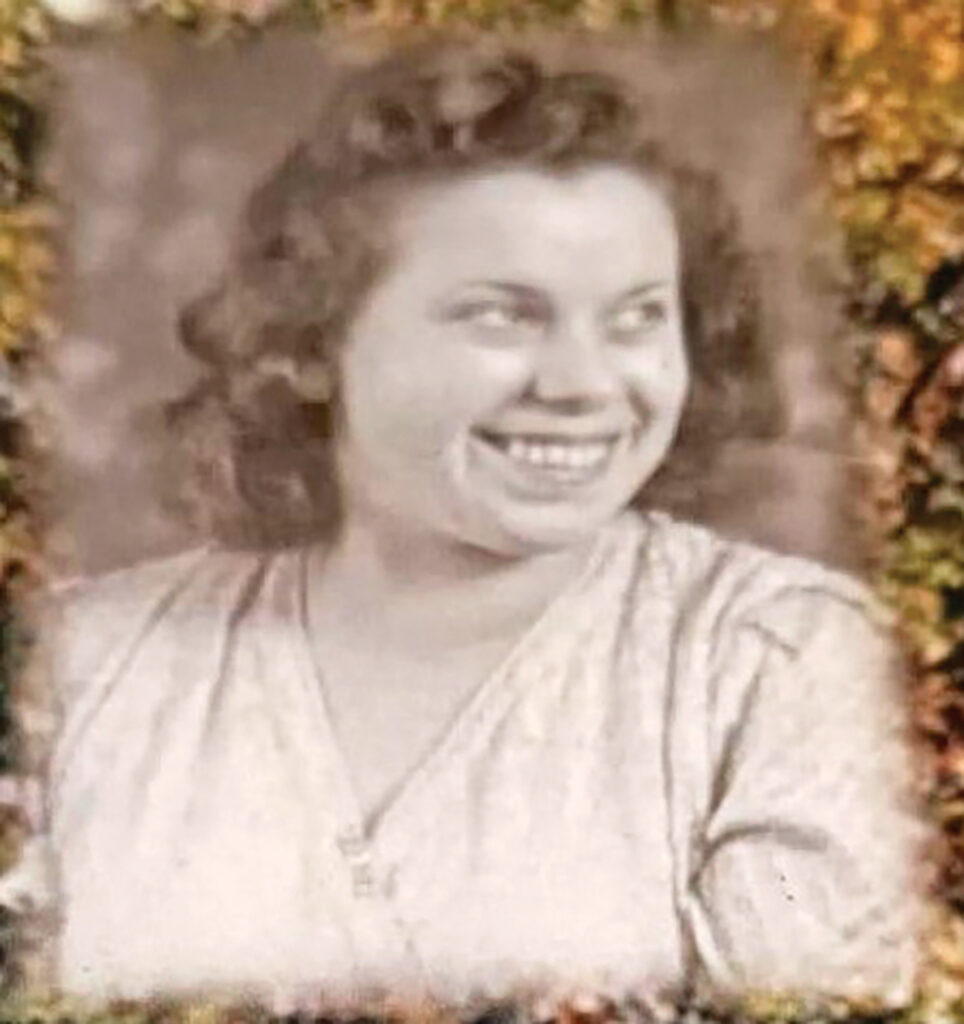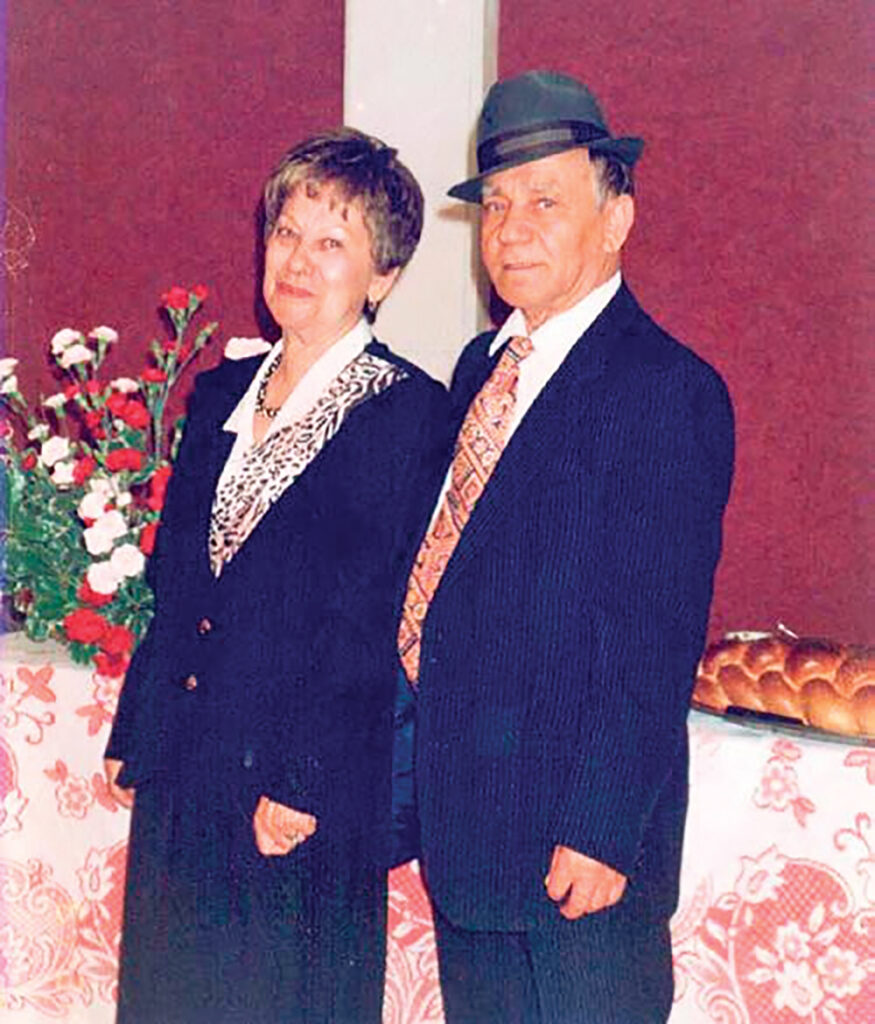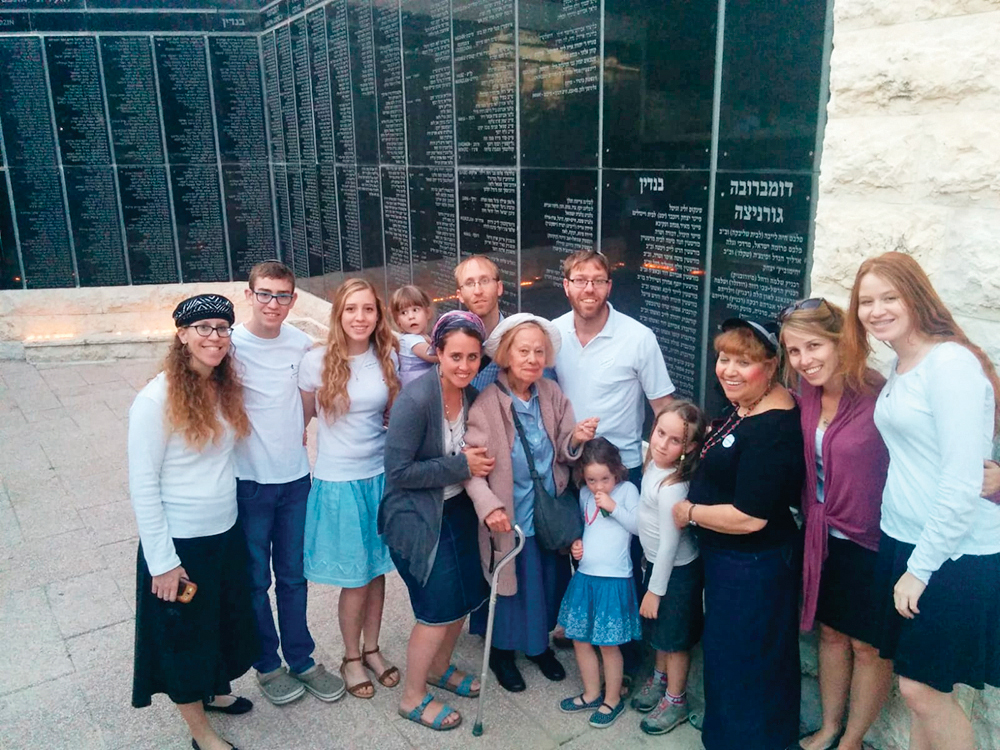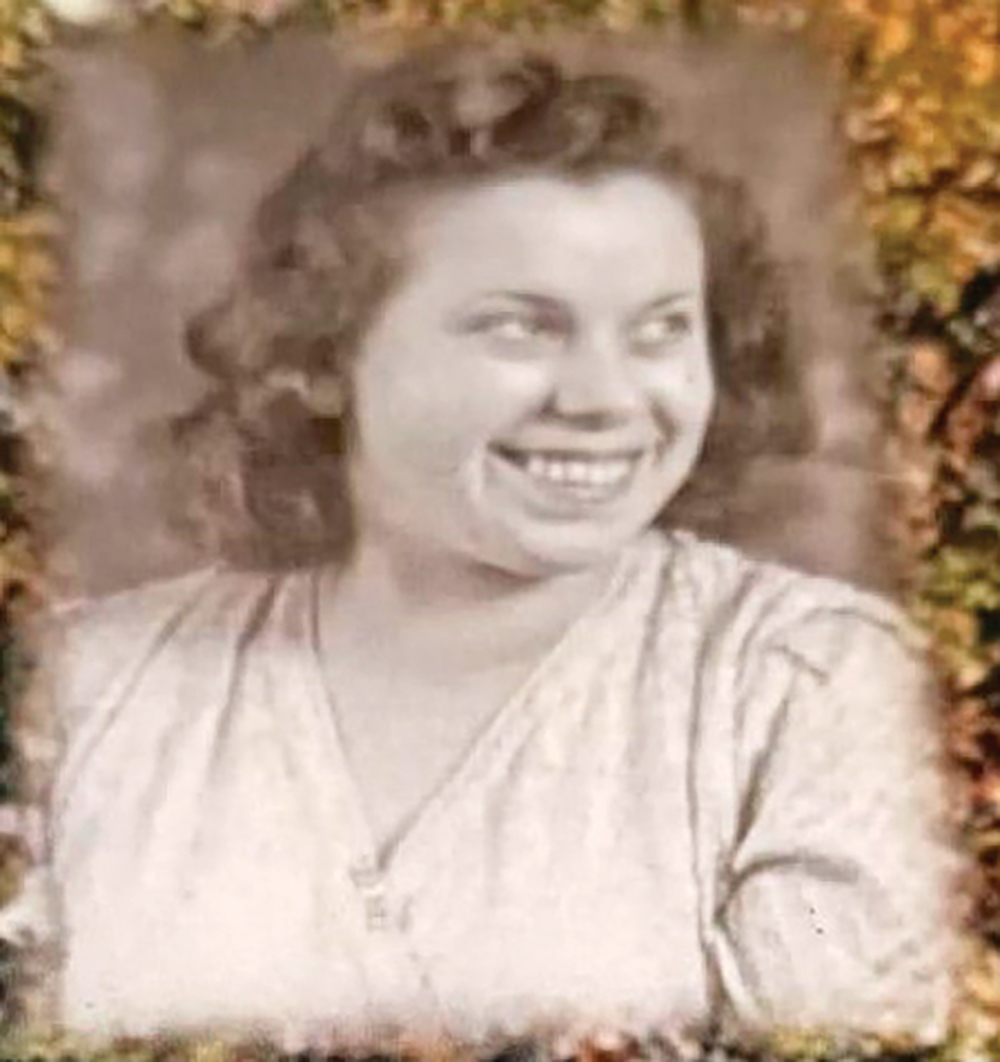
Ita Tzipporah Heida z”l, like many Holocaust survivors, had a story full of tragedy and triumph, of suffering and miracles, hashgacha pratit and difficult choices, as well as faith and hope. There’s one element of her story, however, that makes her unique in a way that is relevant to these weeks of commemoration and celebration in Israel—the days of Yom HaShoah, Yom HaAtzmaut and Yom Yerushalayim.
Ita was born in Dąbrowa Górnicza in southern Poland in 1923 to a family of Zionist Chassidei Gur. In 1942, she was sent on the first transport to the The Gross-Rosen work camp in Greenberg-Shlezia.
Like the other prisoners, Ita’s food rations consisted of a piece of bread a day. One day she asked another girl from the camp to teach her the words of Hatikvah, for which she paid her the precious daily ration of bread. The girl taught her the words in Hebrew and their meaning in Yiddish. The tune she already knew.

Many decades later, her grandson asked her why she had traded her food, her hope for survival, for the words to Hatikvah. How could she even imagine she would survive, let alone come to Israel? Imagine singing Hatikvah in a Nazi concentration camp!
But there are things more important than physical sustenance. Ita had a dream to come to Israel, where she would need to be able to sing Hatikvah. There was no question in her mind that she would survive to do so. And so the words were as necessary and as precious to her as food.
As the Germans, yimach shemam, were losing the war, they took the women from the camp on a death march towards Czechoslovakia in the dead of winter. After three months of walking hundreds of miles in the cold, Ita managed to escape to the forest and lived under an assumed identity until the end of the war.
In 1946, Ita made aliyah with other refugees and was able to reunite with her brother and sister, who had come to Israel before the war. She married a cousin, Avraham Heida z”l, from the nearby town of Będzin in Poland. They had two daughters, seven grandchildren and 11 great- grandchildren.
Ita also reunited in Israel with the girl who had taught her the words to Hatikvah.

In 2015, when she was 92, Ita lit a torch in a ceremony on Holocaust Memorial Day in the forest of Kedoshei Zaglambia in Modiin. She lit the torch together with her grandson, Tzvi David, who was named for her father, HY”D.
“Thus,” said her daughter Ariella Engel, “my mother merited to exchange the fire of the crematoria for the fire of victory against the accursed Germans.”
And, of course, she sang Hatikvah.











